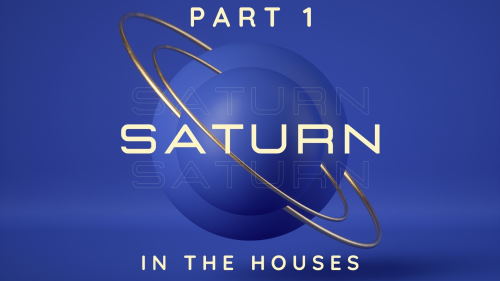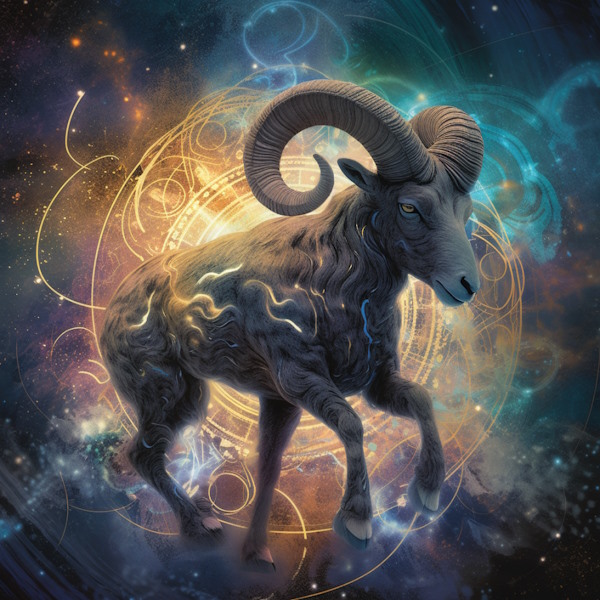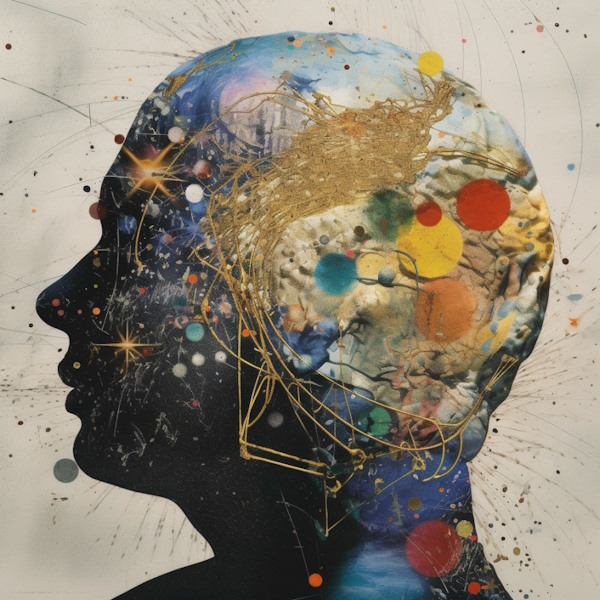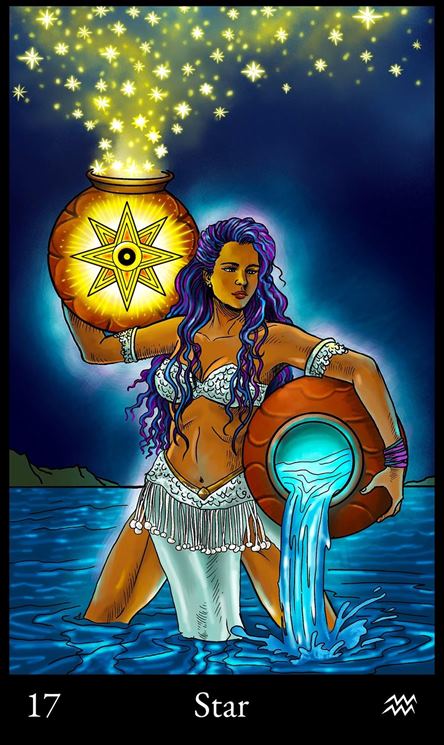Uranus Opposition Ceres ~ Synastry Aspects

"I embrace the tension between individuality and nurturing, finding harmony in the balance between personal growth and emotional support."
- Embracing individuality and nurturing
- Exploring unconventional perspectives
Uranus Opposition Ceres Opportunities
- Balancing personal growth and nurturing
- Adapting to unexpected disruptions
Uranus Opposition Ceres Goals
Uranus Aspects
Uranus: The Spark of Unpredictability in Synastry
When Uranus, the planet of sudden change, innovation, and rebellion, plays a significant role in synastry, the relationship is often infused with a sense of unpredictability and excitement. Uranus's touch can introduce an electrifying connection, where both parties feel drawn to each other for their unique qualities, quirks, and unconventional perspectives. There's a freshness to this bond; the relationship might challenge the status quo, encouraging both individuals to break free from societal norms or their own ingrained patterns. Such connections often have an element of surprise, where events, feelings, and interactions between the two are anything but mundane.
Navigating Uranus's Electric Charge
However, the same electricity that makes a Uranus-influenced relationship exhilarating can also introduce instability. There might be sudden changes in the dynamics, unexpected twists and turns, or an underlying restlessness. If one person's Uranus aspects the personal planets of the other (like the Sun, Moon, Venus, or Mars), it can feel like a wake-up call, shaking the other person out of their complacency, sometimes excitingly so, and at other times, disruptively. There's often a "love it or leave it" vibe with strong Uranian contacts in synastry—either the two relish in their shared unpredictability and growth or they find the instability too challenging. Embracing Uranus in synastry requires an appreciation for change, a willingness to evolve, and an acceptance of the unpredictable nature of love and connection.
Uranus Opposition Ceres Meaning
When Uranus opposes Ceres in synastry, there is a dynamic interplay between the need for individuality and the capacity for nurturing. The energies of independence and caretaking may clash, as both partners may have different ideas about personal freedom and emotional support. This can lead to tensions and challenges in finding a balance between the two.
Furthermore, unexpected disruptions or sudden changes within the family or home environment may impact the nurturing dynamics. This aspect can shake up the traditional roles and expectations, requiring flexibility and adaptability from both individuals involved. It is important to navigate these disruptions with open-mindedness and a willingness to find new ways of nurturing and supporting each other.
The need for excitement, innovation, and unconventional approaches may conflict with traditional values and domestic routines. One partner may be more inclined towards exploring unique and unconventional paths, while the other may hold onto more traditional values and routines. This contrast can create tension, but it also presents an opportunity for growth and a deeper understanding of each other's perspectives.
To find harmony in this aspect, conscious effort and open communication are necessary. Balancing personal growth and self-expression with the responsibilities of nurturing and providing requires understanding and compromise. Both partners must actively work towards finding a middle ground where their individuality and nurturing instincts can coexist harmoniously.
Uranus Opposition Ceres Keywords
For more information on your birth or transit aspects to discover your true potential, check out our captivating, interactive, and completely free love report. Learn how your empathetic nature shapes your interactions and enriches your relationships.
Our intuitive, user-friendly layout guides you through each aspect of your spiritual vision, making it effortless to pinpoint areas where you might need guidance in decision-making. By using your precise birth details, we ensure unmatched accuracy, delving deeper with the inclusion of nodes and select asteroids. Experience insights and revelations far beyond what typical reports and horoscopes offer.












































